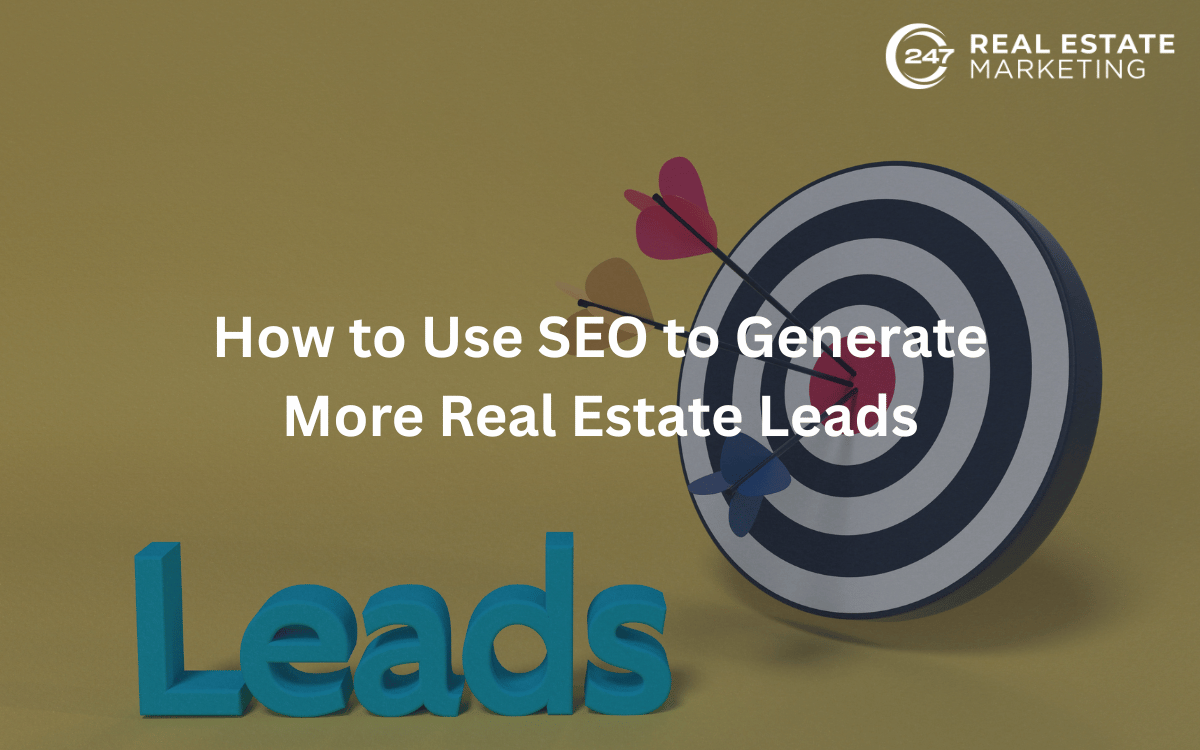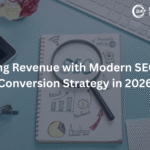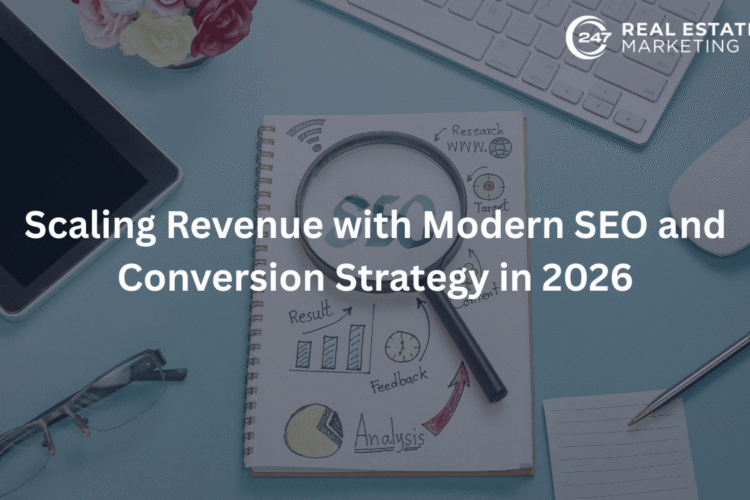
If you’re in the real estate business, you already know how competitive the market is. With 92% of home buyers starting their search online, your digital presence isn’t just important, it’s everything. That’s where SEO (Search Engine Optimization) comes in. Done right, SEO can turn your website into a lead-generating machine, helping you attract qualified buyers and sellers without spending a fortune on ads.
In this post, we’ll break down what SEO is, why it matters for real estate professionals, and the strategies you need to dominate search results. Plus, we’ll cover how Real Estate Website Design impacts SEO, the role of a Real Estate PPC Agency, common mistakes to avoid, and tools to make your life easier.
What Is SEO and Why Does It Matter for Real Estate?
SEO is the process of optimizing your website, so it ranks higher on search engines like Google. For real estate professionals, this means showing up when someone searches for “homes for sale in [your city]” or “best real estate agent near me.” Why does this matter? Because only 9% of users scroll to the bottom of the first page of Google results. If you’re not on page one, you’re invisible.
Unlike paid ads, SEO offers long-term benefits. A well-optimized page can generate leads for years, while ads stop working the moment you pause your budget. In fact, SEO can deliver an ROI of 1,389% for real estate businesses.
Key SEO Strategies to Attract More Qualified Leads
1. Keyword Research
Start by identifying what your potential clients are searching for. Go beyond generic terms like “real estate” and focus on high-intent keywords such as:
- “Luxury homes in [city]”
- “Condos near [landmark]”
- “Best realtor for first-time buyers”
Tools like SEMrush, Ahrefs, or Google Keyword Planner can help you find these keywords.
2. Local SEO
Real estate is hyper-local. Optimize for local searches by:
- Claiming and updating your Google Business Profile
- Adding local keywords to your content
- Collecting reviews from happy clients
Voice search is also on the rise, thanks to smart assistants like Alexa and Google Home. People now search using natural phrases like, “What are the best neighborhoods in [city]?” So, optimize conversational queries too.
3. Content Marketing
Create content that answers your audience’s questions:
- Blog posts on “Top 10 Schools in [City]”
- Neighborhood guides
- Video tours of properties (Google loves video content!)
Listings with videos get 49% more qualified leads, so don’t skip this step.
4. Technical SEO
Google prioritizes websites that load fast and are mobile-friendly. In 2025, Core Web Vitals metrics like page speed and visual stability are critical ranking factors. Compress images, enable lazy loading, and make sure your site is responsive.
What Real Estate Website Design Impacts SEO
Your website isn’t just a digital business card it’s your lead engine. A poorly designed site can kill your SEO efforts. Here’s why:
- Mobile Optimization: 72% of users start their home search on mobile devices. If your site isn’t mobile-friendly, you’re losing leads.
- User Experience (UX): Google tracks how long visitors stay on your site. A clean, intuitive design keeps users engaged.
- Fast Loading Speed: Slow sites frustrate users and hurt rankings.
Investing in professional Real Estate Website Design ensures your site meets these standards and converts visitors into leads.
The Role of a Real Estate PPC Agency
SEO is powerful, but it’s a long-term game. If you need quick results, Pay-Per-Click (PPC) advertising can complement your SEO strategy. A Real Estate PPC Agency can help you run targeted ads on Google and social media to capture leads while your SEO efforts gain traction.
Think of PPC as the accelerator and SEO as the engine. Together, they create a balanced marketing strategy that delivers both short-term and long-term results.
Common Mistakes to Avoid in Real Estate SEO
- Ignoring Local SEO: Real estate is local. If you’re not optimizing for your city or neighborhood, you’re missing out.
- Keyword Stuffing: Overloading your content with keywords looks spammy and hurts rankings.
- Duplicate Content: MLS feeds often create duplicate listings, which Google penalizes. Use unique descriptions for each property.
- Neglecting Mobile Optimization: With most searches happening on mobile, this is non-negotiable.
- Skipping Analytics: If you’re not tracking performance, you won’t know what’s working.
Tools and Resources to Implement SEO Effectively
- Google Search Console: Monitor indexing and fix errors.
- SEMrush or Ahrefs: For keyword research and competitor analysis.
- Yoast SEO (WordPress Plugin): Helps optimize on-page SEO.
- Google Business Profile: Essential for local SEO.
- Canva & Adobe Premiere: For creating engaging visuals and videos.
Recent SEO Trends You Can’t Ignore
- AI-Driven Search: Google’s algorithms now prioritize user intent over keyword density.
- Voice Search Optimization: Longer, conversational keywords are key.
- Video SEO: Videos are dominating search results.
- E-E-A-T Principles: Google rewards content that demonstrates Experience, Expertise, Authoritativeness, and Trustworthiness.
A Quick Stat to Remember
Organic search drives 57% of website visitors into real estate, and it converts better than paid search (3.2% vs. 1.5%). That’s why SEO should be at the heart of your marketing strategy.
Conclusion
SEO isn’t just a buzzword it’s a proven strategy to generate more real estate leads. By investing in Real Estate SEO Services, optimizing your Real Estate Website Design, and partnering with a Real Estate PPC Agency for a balanced approach, you can dominate search results and attract high-quality leads.
Ready to act? Start with a technical audit, optimize local searches, and create content that truly helps your audience. The sooner you start, the sooner you’ll see results.
Author
Mitesh patel
Mitesh Patel is the co-founder of 247 Digital Marketing, 247 Real Estate Marketing and a columnist. He helps companies like Emerson and other top Fortune 500 companies to grow their revenue.






